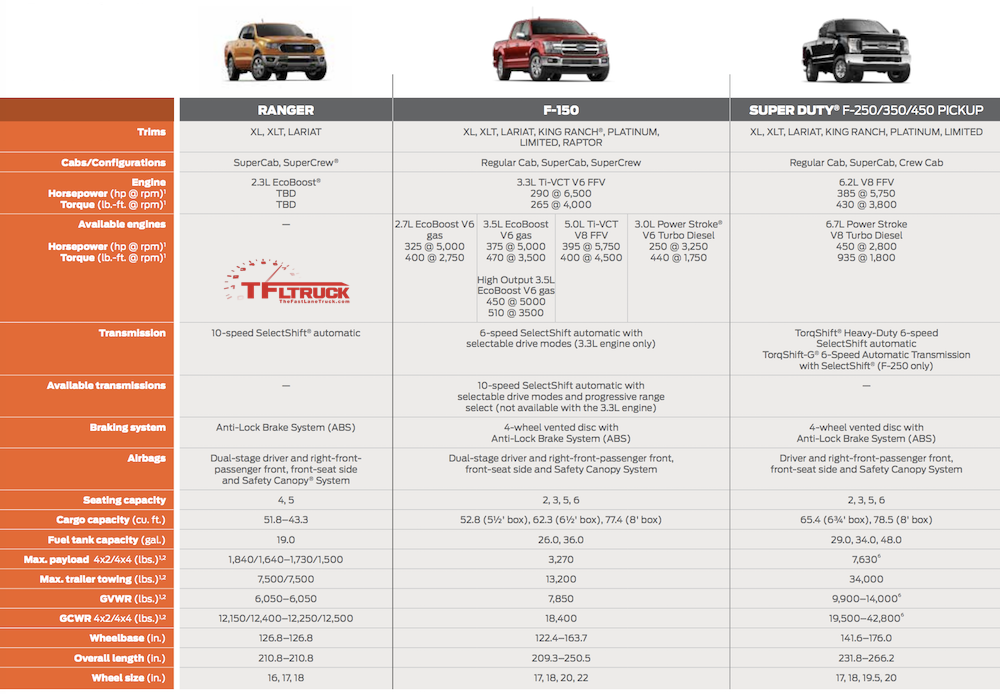So if you're on the road for a year or so you won't be resident in Canada that year, nor the USA obviously. In terms of legality, when you have your
carnet you can take a vehicle out of its country of registration for up to 12 months (and can often extend for another 12), so you'll have to register the vehicle somewhere. Based on "
the vehicle must be registered in the place it spends most of its time" this presumably means most of its time when not out of the country on a
carnet . Obviously you need to clarify the rules in the state of purchase (if you buy a vehicle in the USA). Fairly obviously it must be possible to buy (and register) a vehicle in the USA and then leave the country for an overland trip - otherwise it would not be possible to take a USA-registered vehicle overlanding.
So you need to be able to satisfy any check that you're not driving a vehicle registered somewhere you're not resident for more than the temporary period allowed. I've driven a Canadian-registered vehicle in the USA when I was resident in the USA (and
vice versa) and recall that you are allowed a period (cannot remember exactly, but it was several weeks I think) during which you can use the vehicle temporarily before it has to be imported/registered. Obviously you need to be able to demonstrate recent arrival in the USA. Assuming that this is the case, you could presumably buy and register the vehicle in the USA, head out on your trip(s) and when you return sell it to someone resident in the USA or import it to Canada at that point. As long as you are again within the temporary period I would think that you'd be OK (although I don't doubt that it's a bit of a "grey area". You couldn't simply keep the vehicle in the USA while resident in Canada.
What some people do is to sell a vehicle on to someone else while out of the country of registration; the buyer can then take out a new carnet and keep on travelling. We've done this and it works. So you can look for a vehicle which is already on an overland trip which the owner wishes to sell (i.e. at the end of su trip) In Africa
http://www.africa4x4cafe.com/ is a forum for this. You could also try this forum (expeditionportal) as well as HUBB, etc. When you've finished your trip you can either sell the vehicle on to another traveller, return it to the country of registration, or import it some where else.



